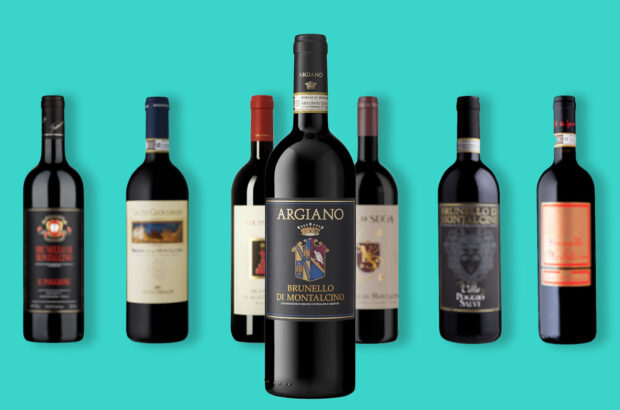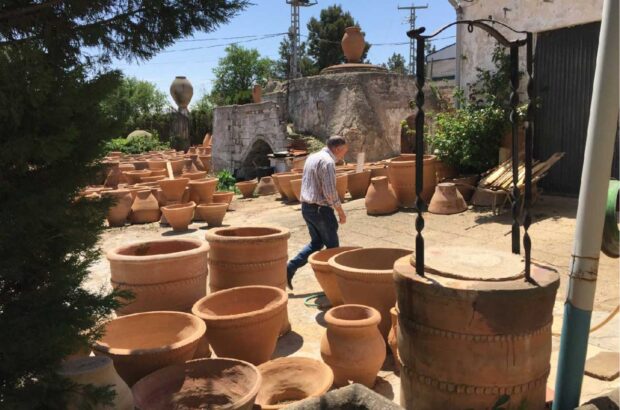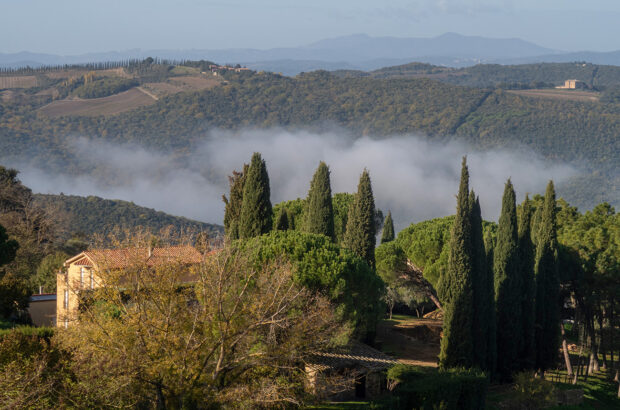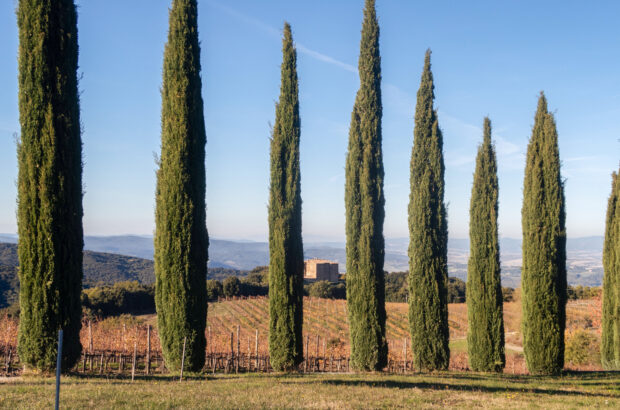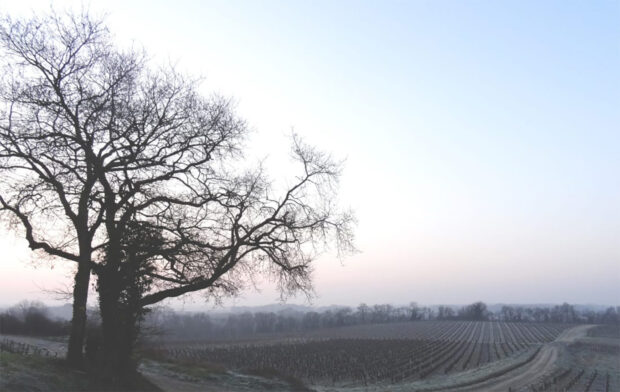Grape picker absence
They showed up in the end, but it was a close run thing. They’d caused a bit of panic in the French vineyards, no question. We are talking, of course, of grape pickers, or rather, of their absence. Despite the inroads made by machine harvesting, France’s need for pickers remains enormous. To give an idea, Champagne and Beaujolais, where hand-picking is still mandatory, require 100,000 and 40,000 folk respectively.
Add in grand crus across the country and those who prefer secateurs and the demand tops 200,000. Recruiting them has always seemed a haphazard business for what is a key process in a major industry. (Imagine General Motors relying on a temporary influx of students, itinerant workers, the unemployed, gypsies and people on working holidays to get out a new model.) But it has generally worked. Until last year. As year 2000 harvest-time came into view, well, a great number of grape pickers simply didn’t. As late as August, a huge number of picking places were unfilled – 4,000 of them in the employment office in Pauillac, and hundreds more in Beaune. In Beaujolais, Chénas-producer Hubert Lapierre’s usually sufficient job advert in the local press brought precisely no replies.Meanwhile, across in Saint-Emilion, Gérard Bécot of premier cru classé Beauséjour-Bécot recalls: ‘The day we started the harvest, we were expecting 35 pickers – but 21 didn’t turn up.’
It all turned out all right the end, as press coverage of the problem brought in a late rush of applicants and producers threw the net wider. Hubert Lapierre, for instance, went nationwide with his advert. Finally, no grapes went unpicked. It was, though, a sticking plaster solution to a difficulty which is not going to go away. The simple fact is that a haphazard system doesn’t take much destabilising – and several factors have conspired to do just that. A key one, ironically, is the French economic upturn. The good news is that this means more jobs. The bad news? It reduces the pool of unemployed who have traditionally swollen the picking ranks for a two or three week earner. Last year, even those who remained unemployed preferred to hold out for a proper job rather than commit themselves to the grape harvest. With earnings of just FF42 (or under £4) an hour for back-breaking toil, and all the administrative headaches of signing off then back on, who can blame them? And, as the French economy has picked up, so have those in Spain and Portugal. Itinerant Iberian picking teams – mainstays of the French vendanges – have thus been harder to find. Replacing them with non-EU East Europeans is possible but involves endless tangling with the French immigration authorities beyond the patience of most normally-constituted wine producers.
Prices for top French vineyards rise again
Change in conditions
As if this were not enough, conditions have changed, too, in the vineyards. In the past, pickers could expect accommodation, food and a certain conviviality. This is less and less the case. Because many vignerons pick only a part of their crop by hand, they need fewer pickers for a shorter time, so there’s less incentive for people (or groups) to travel any distance to do it. Also wine producers are increasingly reluctant to provide and maintain costly accommodation for harvesters, the more so since 1996 legislation: no bunkbeds, no more than six to a room, and much stricter safety precautions. ‘Now they’re all demanding accommodation in two-star hotels,’ said one Champagne grower. Certainly, the pickers who do still travel have higher expectations. Nick Thompson, British grower at Domaine de l’Ameillaud in Cairanne, employs teams from Cadiz. ‘Ten years ago, they were more rustic,’ he said. ‘Now they come with TVs, cassettes and CDs – prepared for a certain standard of living.’ And beware if they don’t get it: Portuguese pickers in Saint-Emilion went on strike when food (allegedly, an excess of crisps and salami) and sleeping quarters failed to meet their approval.
Local and student help
All this means that manual-picking growers tend to rely on locals and students. But, a) locals, like everybody else, are less likely to be unemployed these days and b) French college terms are starting earlier so students, too, are harder to find. Naturally, it doesn’t do to exaggerate. We’re not talking catastrophe here. The 2000 harvest was picked on time, as producers eventually got the staff they needed. Moët & Chandon had their picking teams out from September 19th on rates of about one franc-per-kilo, the general Champagne practice these days. A great many were workers taking their holiday to coincide with the harvest, a Champers tradition.
Down in Bordeaux, Château Palmer, as usual, brought in two coach-loads of Danish students, while other producers banded together to bus in folk from the surrounding area. Mouton-Rothschild took on 500 pickers, though actually recruited 750 to ensure a full complement turned up. As a grower in Beaujolais said: ‘We got enough in the end, but we struggled this year. We received scarcely any unsolicited requests, whereas we used to get dozens.’
The worries remain and nothing suggests that they will diminish. Are we, therefore, going to see a faster switch to machines? Few people I talked to considered the picker problem sufficient to ditch the qualitative advantages of manual harvesting.
So might they, then, increase pay? Commitment to hand-picking does not extend to a commitment to breaking the bank. Manual harvesting is already 75% more expensive than using the machine – in Burgundy, for instance, FF12,000 (£1,170) per hectare as against FF7,000 (£680). Increase the pay, they say, and quality French wine will be priced even more uncompetitively than it already is.
So what is going to happen? Well, the haphazard business will remain just that, but more so, and lots of people will be hoping for the best in September 2001.








